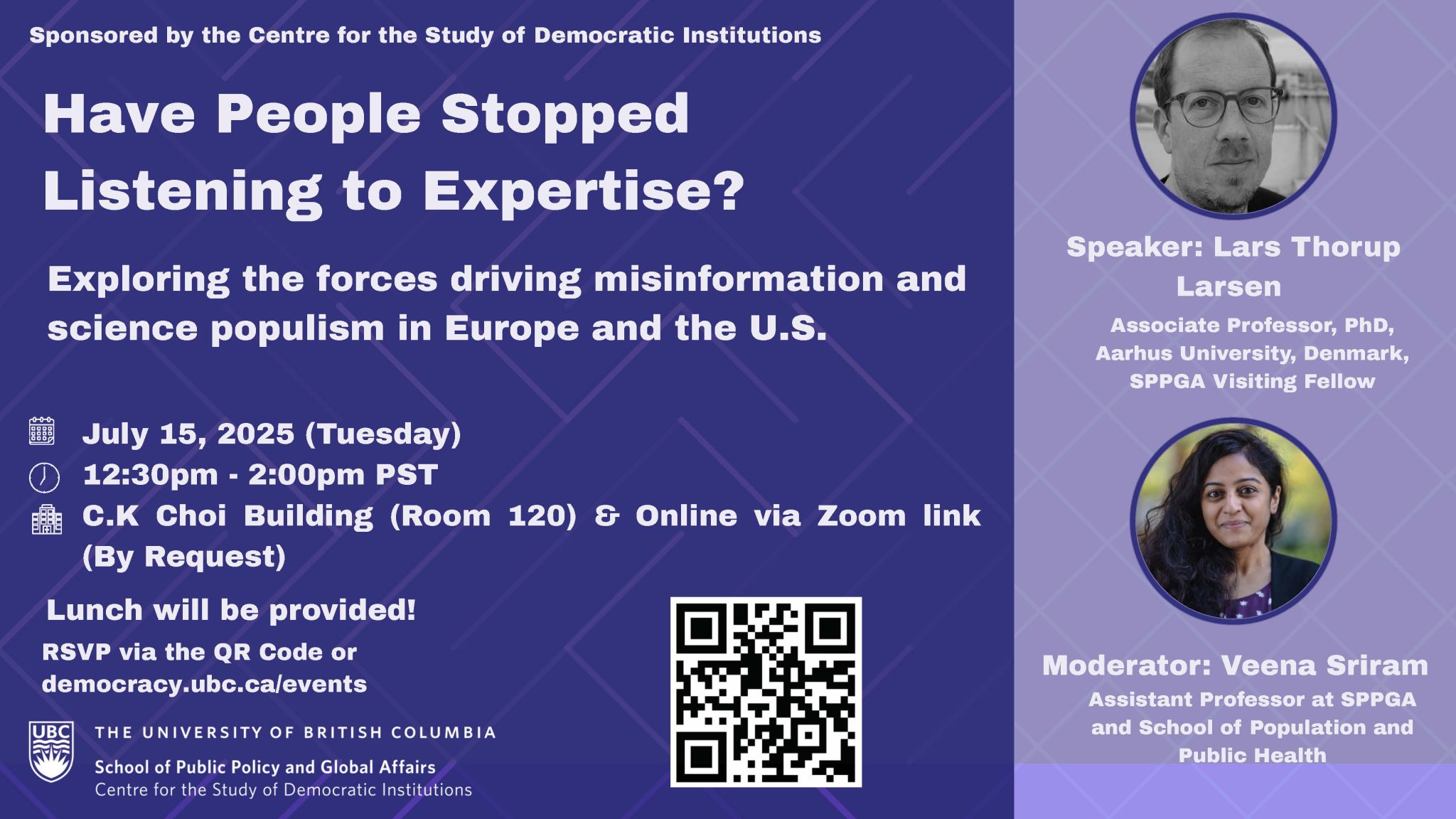David Hume and the founders of the modern economy argued that it is critical for a government to protect the property rights of its citizens. It is unclear, however, if this applies to foreign-owned property as well: government leaders often attest that expropriations increase public welfare and, by international law, an expropriation is only legal if undergone for a public purpose. But in reality, does seizing assets of foreigners typically benefit the public? Johnston and his co-authors (Paasha Mahdavi, Georgetown University, and Nicole Janz, University of Cambridge) argue that it does not. This is the first work in political science and economics to rigorously analyze the consequences of international expropriations for domestic human and economic rights. Their theory suggests that, while seized assets may be assessed as a short-term windfall for the government, the negative consequences are numerous and can dwarf the financial upsides of switching ownership.
Bio: Dr. Noel Pereyra Johnston is a Postdoctoral Research Fellow at the Blavatnik School of Government, University of Oxford, and Research Fellow at Nuffield College. Noel’s research explores the structure of compliance in the global political economy. With particular focus on foreign investment and trade policies, his research touches on topics including international institutions, human rights, globalization, development, and the politics of international property rights. He has worked for the Institute for Training and Research at the United Nations (UNITAR) and the United Bank of Switzerland. His work to date has appeared in Comparative Political Studies and the Journal of Theoretical Politics.
Sponsor: Institute of Asian Research, Department of Political Science
By: Dr. Noel Johnston, University of Oxford
Type: Seminar

